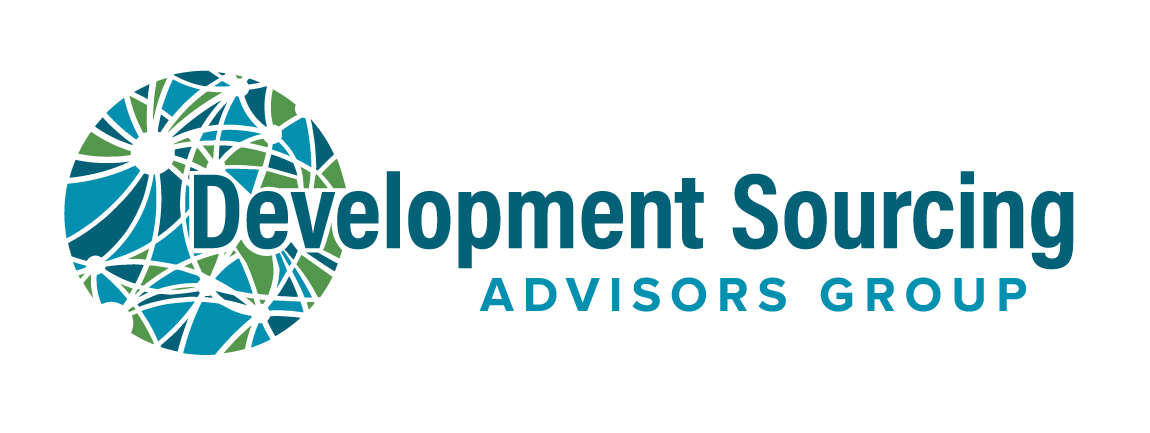In today’s fast-moving world, nonprofits and businesses face the daunting task of navigating the changing technology, social, and legal landscape. However, amid the excitement of launching programs, chasing revenue, and expanding business, the essential but less glamorous tasks of corporate compliance and legal audits get overlooked.
Ignoring these responsibilities can have serious consequences, including fines, lawsuits, loss of funding, or even organizational shutdown. Thus, maintaining strong compliance practices and regularly auditing legal operations isn’t just a bureaucratic checkbox—it’s a critical investment in long-term success and credibility.
What is Corporate Compliance?
Corporate compliance simply means following the laws, regulations, and internal policies that apply to your organization. For nonprofits, this includes adhering to tax-exempt status rules, donor regulations, and nonprofit governance standards. For businesses, it involves the internal and external requirements that allow a business to operate legally and maintain good standing, such as observing corporate formalities, filing annual reports with the state, maintaining licenses, and keeping accurate records. Good compliance practices show that an organization operates with transparency, ethics, and professionalism. It signals to funders, customers, employees, and the public that your business or nonprofit can be trusted.
Why a Legal Audit Matters
A legal audit is a systematic internal review of your organization’s policies, practices, contracts, and operations to ensure they meet legal standards. Legal audits help identify and correct risks before they become expensive problems. Often, a deficiency or aberration in an organization’s compliance measures only becomes apparent during an undertaking involving an outside party, where such party has reason and occasion to review the organization’s history and identify red flags. This can be avoided by performing a thorough audit that reviews areas such as corporate record keeping, employment practices, intellectual property protection, contract compliance, tax filings, board governance, and financial reporting.
Benefits of Staying Compliant and Auditing Regularly
Strong compliance and regular legal reviews have many benefits that far outweigh the time and expense of undertaking these tasks.
- Stronger Fundraising and Business Relationships: Donors, clients, and partners want to work with organizations they trust, and having rigorous compliance standards boosts confidence in your organization.
- Employee Confidence: A compliant workplace fosters trust among employees, improving morale and retention.
- Leadership Accountability: Regular legal audits ensure that boards, executives, and managers uphold their responsibilities.
- Future Growth Opportunities: Whether seeking a major grant, entering a new market, or merging with another organization, a strong compliance history makes scaling smoother and less risky.
Key Areas to Monitor
For nonprofits and small businesses alike, regular legal reviews should touch on key areas such as:
- Proper board governance and meeting documentation;
- Tax filings and financial reporting;
- Employment laws and HR policies;
- Intellectual property protections (like trademarks and copyrights);
- Vendor and client contract management;
- Privacy and data protection policies;
- Conflict of interest, whistleblower, and other governance policies; and
- Compliance with sector-specific laws and regulations.
Building a Culture of Compliance
Ultimately, corporate compliance and legal auditing shouldn’t be treated as occasional crises to manage. They should be built into the organization’s culture. Leaders should promote transparency, ethics, and accountability from the top down, ensuring that every team member understands the importance of staying compliant.
Conclusion
Staying on top of legal obligations and proactively conducting audits can protect your organization from costly risks and help pave the way for lasting impact and success. In addition, partnering with knowledgeable attorneys and accountants can make these tasks more manageable and much less intimidating. For a Legal Audit Checklist to guide your compliance journey or to learn how DSA can assist you with your corporate compliance needs, contact Jeanny Lee at jlee@devsourcing.com.
Disclaimer: This material is provided for informational purposes and does not constitute legal advice. Access to or use of this information is not intended to create, and does not constitute, a lawyer-client relationship. No portion should be acted upon without first seeking legal counsel about your specific legal situation.
